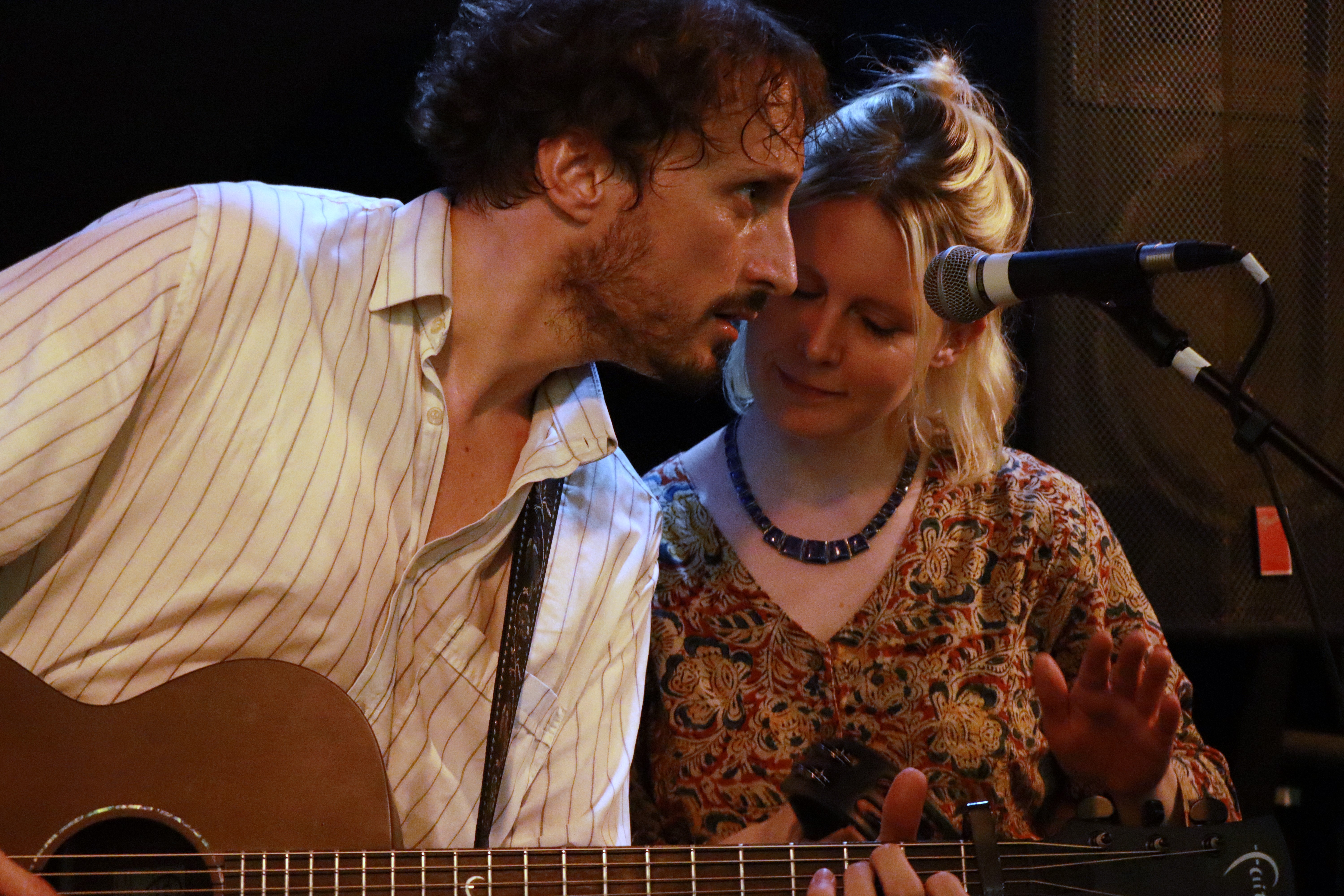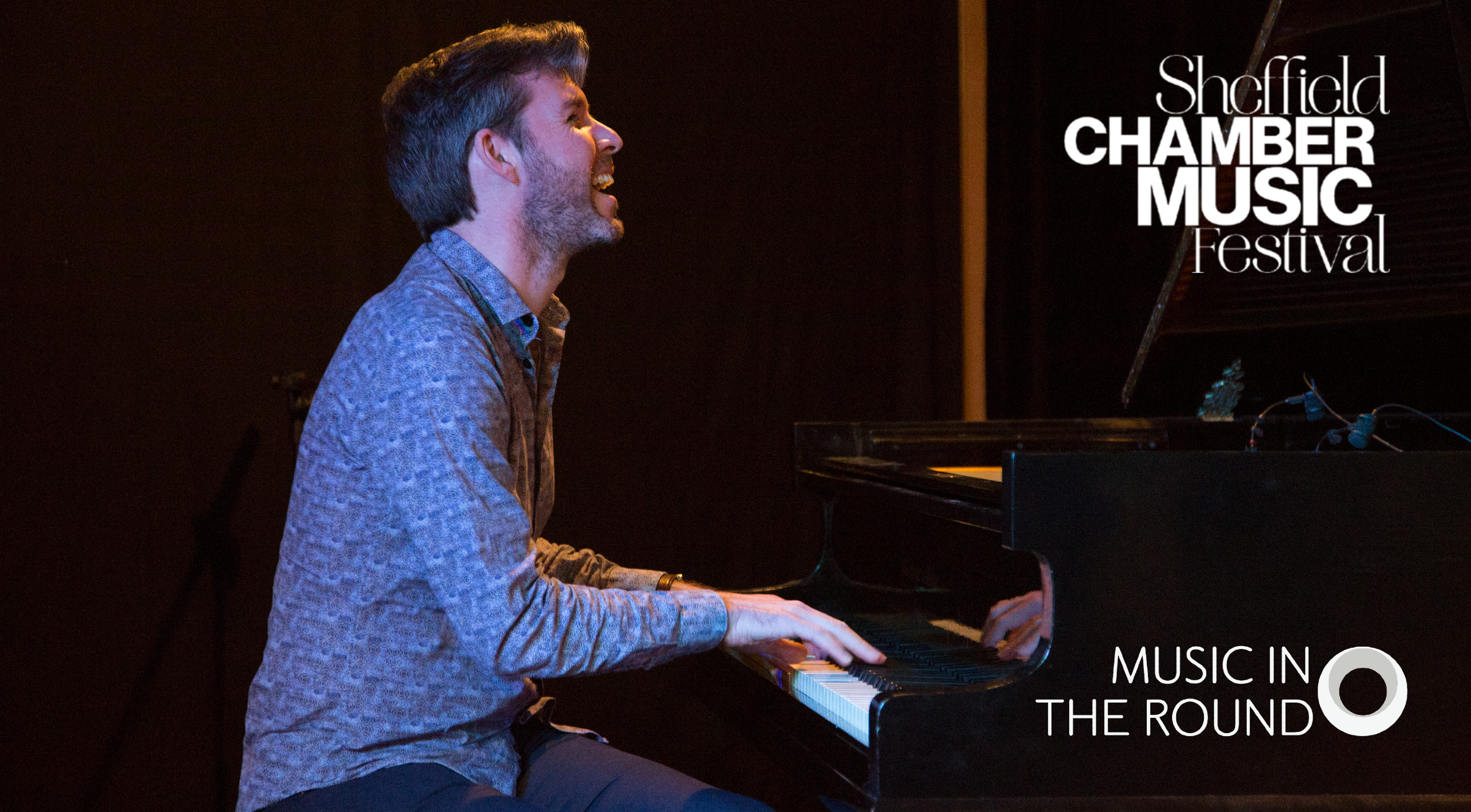Songwriter and "fiddlesinger" Nancy Kerr is one of English folk music’s A-listers. Winner of half a dozen Radio 2 Folk Awards, Nancy is not only a deft lyricist and conjurer of melodies, but also a champion for social change. With a traditional folk sound but contemporary lyrical content, most recent album Instar probes a variety of struggles – from austerity (Gingerbread) to gender identity (Fragile Water) – all through a nature-inspired lens.
Nancy is part of the Shake the Chains project, focussing on British – and Yorkshire – history, taking in the industrial revolution, universal suffrage, the slave trade, Rock against Racism and the miners’ strikes. The project encompasses existing protest songs as well as brand new ones, including songs from Nancy on Alan Turing’s posthumous pardon and on nuclear disarmament.
We had a chat with Nancy to find out more about her work.
How would you describe your work?
I've been singing old folk songs and playing the fiddle since I was very young, and these days what I mostly do is write and perform my own songs, which have their own particular flavour I think. I get to play and sing a lot, with lots of different people as well as my own band, and so I'm very lucky.
What inspires you?
The natural world, especially the places where it intersects with the city. The political past and present and the different ways artists have historically responded to and filtered world events. Personal moments and different diverse experiences of love, sexuality, empowerment, struggle. Sheffield.
What's your workspace like?
If it's not too cold I write a lot of songs in my city garden in Pitsmoor. I practice learning new songs or editing lyrics in my head when I'm walking to my kids' school to pick them up. Many of my songs begin life in a Travelodge or dressing room while I'm on tour.
What do you love about Sheffield?
The trees, now sadly far less abundant and more threatened. It's wonderfully multicultural and honestly the friendliest place I've ever lived. The many musical and artistic communities.
What would you do to improve the city?
The gap between rich and poor is staggeringly stark; we should get rid of prejudices we have about "bad" parts of the city and get involved alongside those people who are doing great things, because many people are.
- Words by
- Nat Loftus







